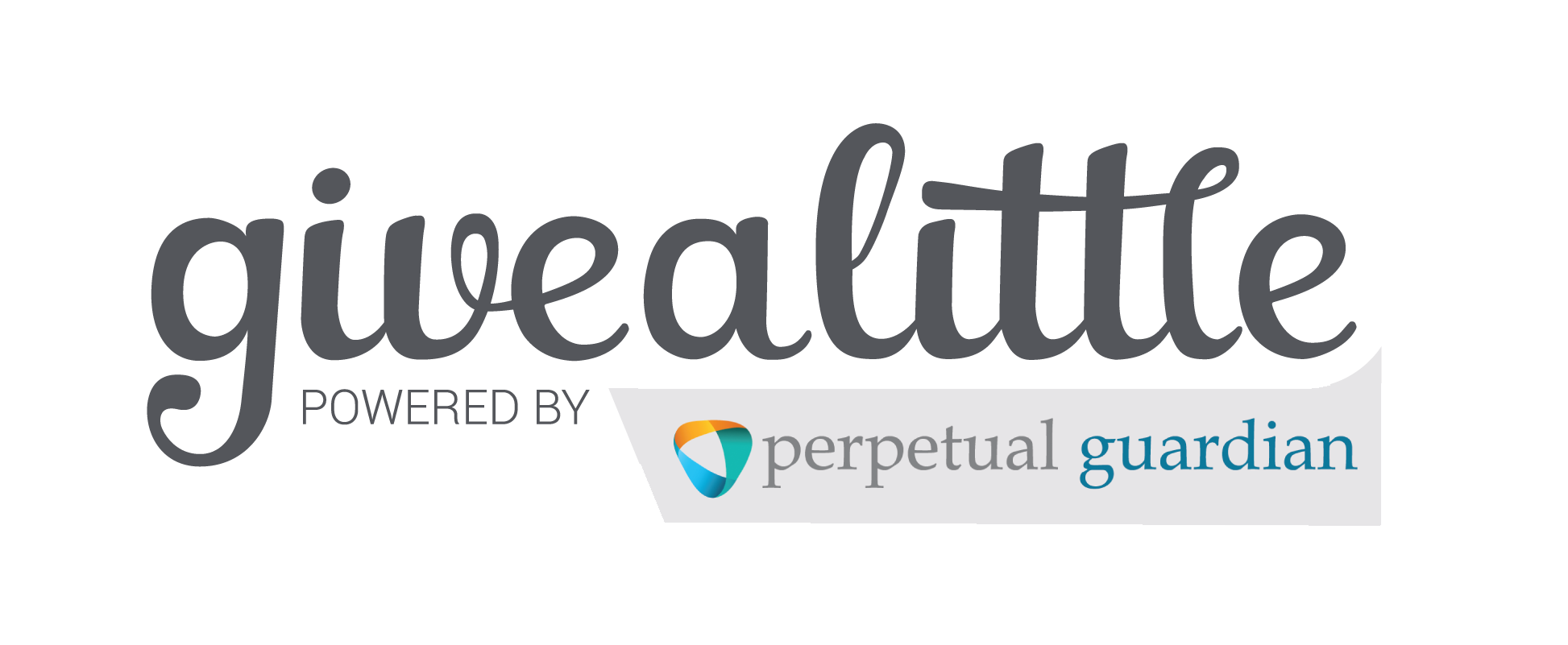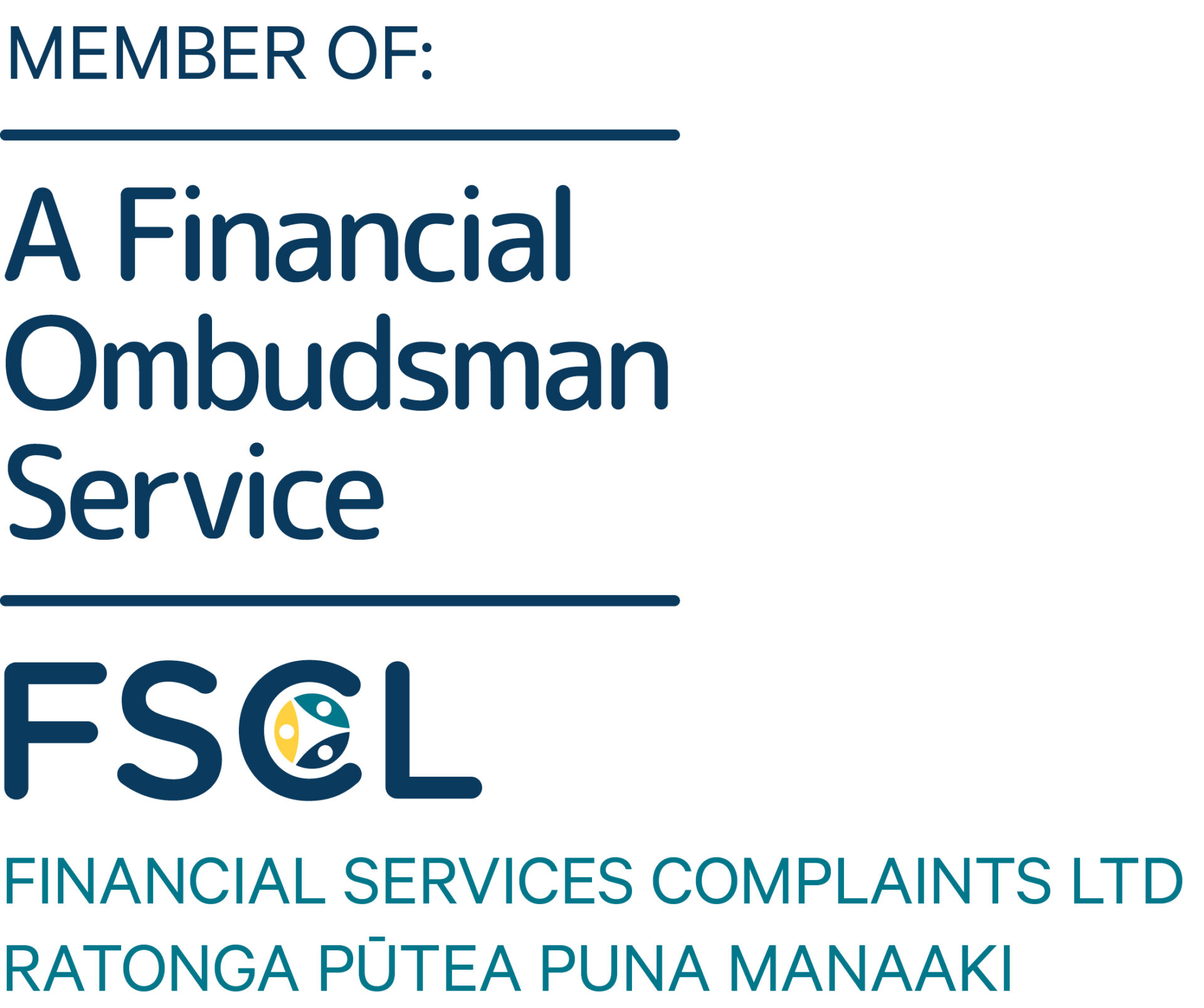Liz Gibbs, Head of Philanthropy at Perpetual Guardian, shares her thoughts on catalytic philanthropy, a more comprehensive and sophisticated approach to charitable giving:
For as long as I have been working in the philanthropy field, New Zealand has been regarded domestically, and in international polling, as one of the most generous countries in the world. Based on comprehensive data captured in the Gallup World Poll for the period 2013-2017, the CAF World Giving Index in 2018 placed New Zealand third on the list of most generous countries, behind Indonesia and Australia and ahead of the United States (fourth) and the United Kingdom (sixth).
Each country is ranked for three behaviours
+ Helping a stranger
+ Donating money
+ Volunteering time
Historically, the ways we think about charity and philanthropy were: giving by way of money or service, either in an immediate sense or, using a vehicle such as a charitable trust, donating money to specific causes or recipients in perpetuity.
Catalytic philanthropy is different. More sophisticated and more focused on collaboration and measurement of return on investment, and is based on maximising positive impact. Here is what it means for people and organisations in New Zealand:
Catalytic philanthropy represents a new approach to an age-old practice.
‘Catalytic philanthropy’ describes the use of influence and leadership to leverage every dollar to the max. For instance, an organisation with a corporate social responsibility program (say an annual campaign in support of a bold-name charity) could be more strategic about increasing its impact by engaging government and pressuring it to invest more in the charity’s area of interest, or by working harder with partners to garner more support for the charity.
Today, the scale of social need and urgency of the global climate crisis demands that we leverage our ability to give in much more practical and commercial ways than we have before. This is where catalytic philanthropy comes in: going beyond money to bring to bear every resource and partnership available to advance a cause or address a problem.
Silos are so twentieth century.
The traditional model of philanthropy was adapted from the conduct of dynastic families like the Fords and Rockefellers in the early twentieth century. In the twenty-first century, the transparency demanded of charitable activity, combined with clear-cut social and environment concerns, gives the advantage to philanthropists and organisations that can think laterally and find inventive ways to extend their reach.
An example of this model is Foundation North, which employs what it calls “venture philanthropy” to engage other interested organisations and communities in finding solutions to complex social challenges. No longer is a single charity ”responsible” for raising cancer awareness or cleaning the Hauraki Gulf; these days, we understand that we’re all in it together and that answers and funding have to be leveraged from a range of players to create long-term and sustainable impact.
The point is, innovation is key to continually improving the impact philanthropy has on its intended cause or recipient. Under our founder Andrew Barnes’ leadership, Perpetual Guardian established its own foundation, enabling donors, including those with more modest resources, to amplify the impact of their giving.
Money isn’t the be-all.
Again, the old model was all about money: the more, the better. We now understand, through complex analyses such as those provided by JBWere, that the best social impact is not necessarily tied to the amount of money dedicated to a cause or issue but how adroitly it is used and tied to strong, measurable results. Likewise, catalytic philanthropy posits that the smartest giving is not the “biggest” giving; it’s the most strategic. And the most promising opportunity for today’s high-net-worth individuals is to build on the established charitable trust/foundation model to structure their giving in a highly strategic way.
Traditional trusts are becoming more sophisticated about ROI.
New Zealand has over 27k registered charitable trusts, many of them set up decades ago by settlers who have since passed. In our business, we are starting to guide interested trustees toward a catalytic philanthropy model that follows the terms of the trust deed while taking advantage of progressive, collaborative developments in the sector.
An interesting example of this impact investing is the Stout Trust, which is well known for its work in the arts, heritage, and environment fields. In 2019, the trust distributed $1.2 million to different causes, including predator-free work. Going beyond straightforward grant awards, to investments that intentionally seek social or environmental impact alongside financial returns, has become an increasingly important tool for trusts and foundations.
Impact investing has already demonstrated an impressive ability to harness the collective power of philanthropy, the private sector, and government at all levels. A prime example from the U.S. is the Detroit Home Mortgage Program; a collaborative effort between the Kresge and Ford foundations, a cadre of local banks, the City of Detroit (which was hard hit by the great financial collapse and the subsequent near-collapse of the U.S. auto industry), and the state of Michigan. The program is reviving the city’s decimated single-family housing market through a mix of grants, loans, and loan guarantees that ultimately enable buyers to purchase and renovate once-vacant homes.
Closer to home here in New Zealand, the NEXT Foundation established the Tomorrow Accord with the Government’s Department of Conservation. NEXT is a spend-down philanthropic fund of $100 million, and with the Accord, it is front-footing investment into pest eradication, with DoC agreeing to continue to fund those efforts in the future.
Businesses can define philanthropy in creative ways.
Returning to the idea of creating a sphere of influence, business executives should be thinking outside the box in terms of creating social value alongside their immediate financial goals. For instance, here at Perpetual Guardian, we are working to advance the idea of a four-day, productivity-focused, reduced-hour model of work, which we regard as more suited to the demands of the twenty-first-century workplace and lifestyle. We also require staff to use one of their personal days to do charitable or volunteer work each quarter. We’re also analysing how staff can volunteer in ways that help them achieve even more for New Zealand communities.
Our efforts in this regard are about being strategic as an organisation and leveraging the influence we have to increase our impact. There are many ways to do this, procurement being an obvious area; it is now commonplace for public and private-sector organisations to seek out “green” options in technology, transport and other services, which incentivises service providers to think about and invest in climate-friendly initiatives.
Ultimately, catalytic philanthropy is a more comprehensive, encompassing and sophisticated approach to a practice that people have been engaging in for centuries. As experts in the field, we are enabling clients and communities at large to use resources in creative ways and to look beyond money to a more astute calculation of ROI – one which uses the combined abilities of people and organisations to do the maximum amount of good at all levels of society.
Making an impact – How do we measure up?
Perpetual Guardian has recently established a partnership with Impact Lab, a new New Zealand organisation which measures social impact.
Impact Lab have created a tool that collects data from a range of sources to create a tailored dashboard, calculating a social return on investment in monetary terms. Through this partnership, we will be able to track how effective our grant funding is and make future funding decisions based on that evidence. We’re working on developing dashboards for the first couple of PG Foundation clients – we’ll keep you in the loop with progress.
This article was originally published on Philanthropy News Digest by Perpetual Guardian Head of Philanthropy, Liz Gibbs.







